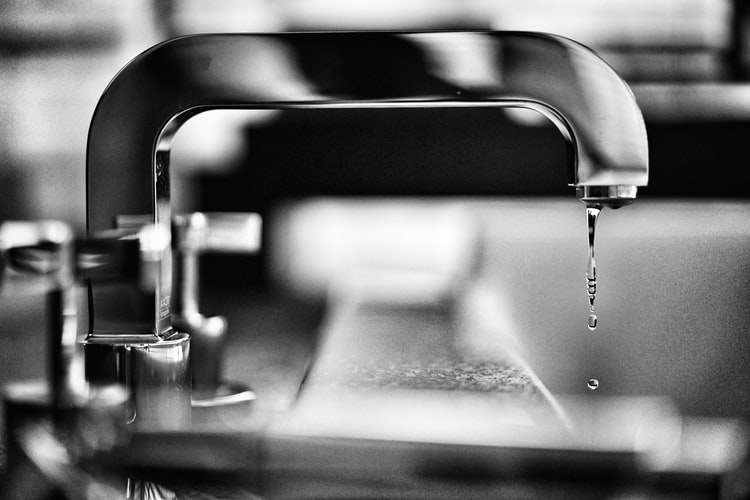Water treatment is a vital aspect of our everyday lives. We tend to take it for granted as we can always turn on any tap in our home, and cold, drinkable water comes right out naturally.
However, a lot goes on behind the scenes, ensuring that we get safe water that we can drink and bathe in. All this is made possible by the water treatment services that are available today. With that said, here are some facts that you should know about water treatment.
Thousands of chemicals are removed from the water before you drink it.
Water can become contaminated in several ways, especially as it leaves your sink and enters the sewage system. Many of the contaminants out there could be very harmful to your health if you consumed them. Thousands of contaminants are removed with the water filtration systems and technologies available in different industrial settings. There is a lot of hard work involved in ensuring that the water you get in your home is safe to drink.
There is not as much drinkable water out there.
The amount of water on earth that we can utilize as drinking water is around 1% which might initially sound scary. But when you realize that we have oceans of water that are too salty to drink, this proportion makes much sense. Most of our planet’s surface water is permanently frozen or salty, and the fact that water is everywhere supports this.
It takes a lot of water to feed a family.
Water is essential when it comes to growing crops and feeding animals. With that in mind, water is involved in almost anything that we need to feed ourselves and our families. When we think of the environmental impact of our meals, make sure to think about how much water is used, which is especially true for nut-based milk like almond milk.
Water can easily get contaminated.
Several of the contamination that is filtered out through water treatment is almost always because of human actions. It is as easy as spilling just 4 liters of gasoline to make around 2.8 million liters of water unsuitable for drinking.
Industrial wastewater is a big issue.
Water is typically used on an industrial scale to cool and lubricate machinery. When this water has been used a few times, it can often get contaminated with so many chemicals that we cannot treat it. This water needs to be appropriately disposed of so that it will not enter the water table. Wastewater is often combined with sand or contained in watertight containers indefinitely.
For more information, you can connect with Henry Plumbing for residential and commercial plumbing needs by requesting an appointment on our contact page or calling (941) 661-7398.
